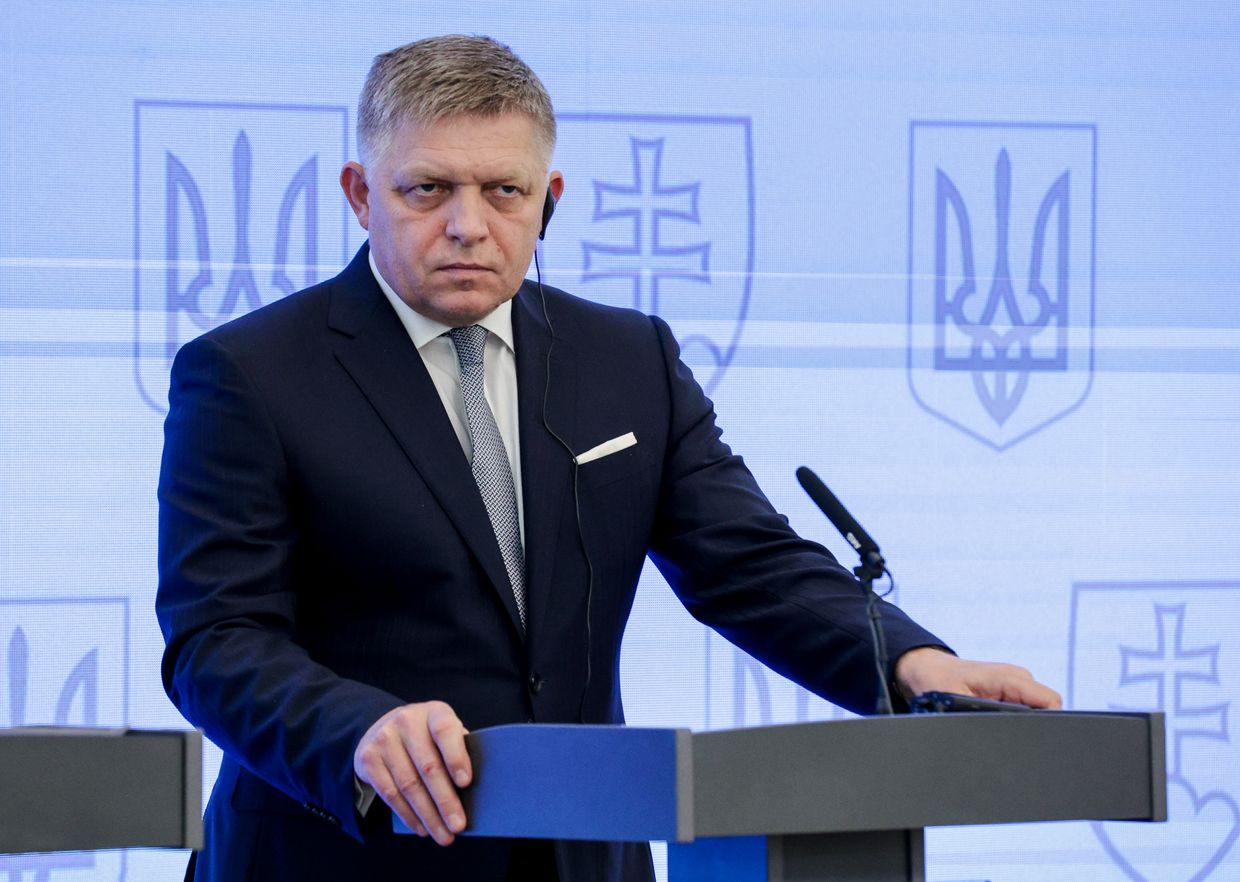Trump advisers draft sanctions plan to pressure Moscow toward peace, Bloomberg reports

Advisers to U.S. President-elect Donald Trump are developing a comprehensive sanctions strategy aimed at facilitating a diplomatic resolution to the Russia-Ukraine war, Bloomberg reported on Jan. 16, citing anonymous sources familiar with the discussions.
This comes as Russia's fossil fuel industry continues to serve as a primary source of funding for its war against Ukraine.
The Trump team is reportedly weighing two primary approaches. The first set of policy recommendations suggests that, if a resolution to the war appears possible, the administration should focus on good-faith measures to benefit sanctioned Russian oil producers that could help seal a peace deal.
The second option would involve expanding sanctions to exert maximum pressure, increasing leverage over Moscow.
Trump's team is also evaluating sanctions policy options to put pressure on Iran and Venezuela, Bloomberg reported.
The strategy is in its early stages and ultimately depends on what Trump decides to do, the people familiar with the matter told Bloomberg.
The Biden administration and the U.K. recently imposed their most extensive sanctions yet on Russia's oil sector, targeting nearly 200 vessels in the "shadow fleet," key oil companies, and related entities.
These measures, announced by the Office of Foreign Assets Control (OFAC) on Jan. 10, have already impacted the global oil market, pushing Brent crude prices up by nearly $5 per barrel.
The G7 nations are also considering tightening the existing $60 per barrel price cap on Russian oil, Bloomberg reported on Dec. 19.
Ukraine has disrupted Russia's oil production through targeted drone strikes on key infrastructure. Refineries in Tuapse, Ilyich, and Novoshakhtinsk have reportedly reduced or suspended operations due to the combined effects of sanctions and Ukrainian attacks.












